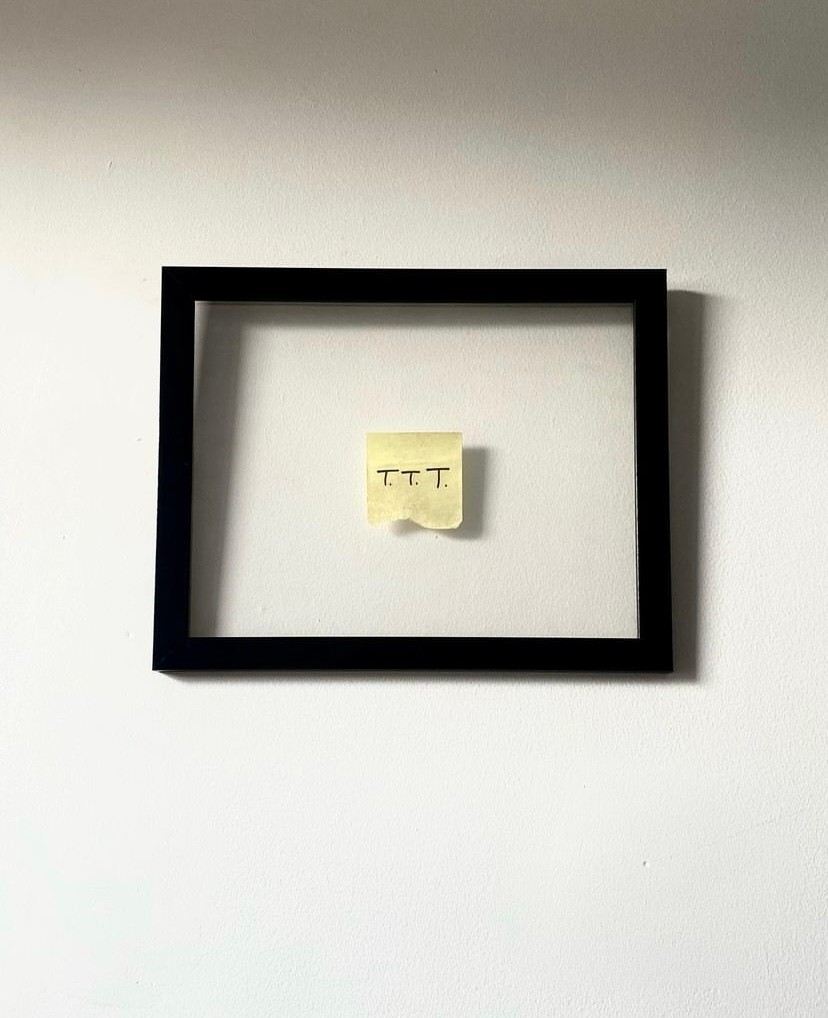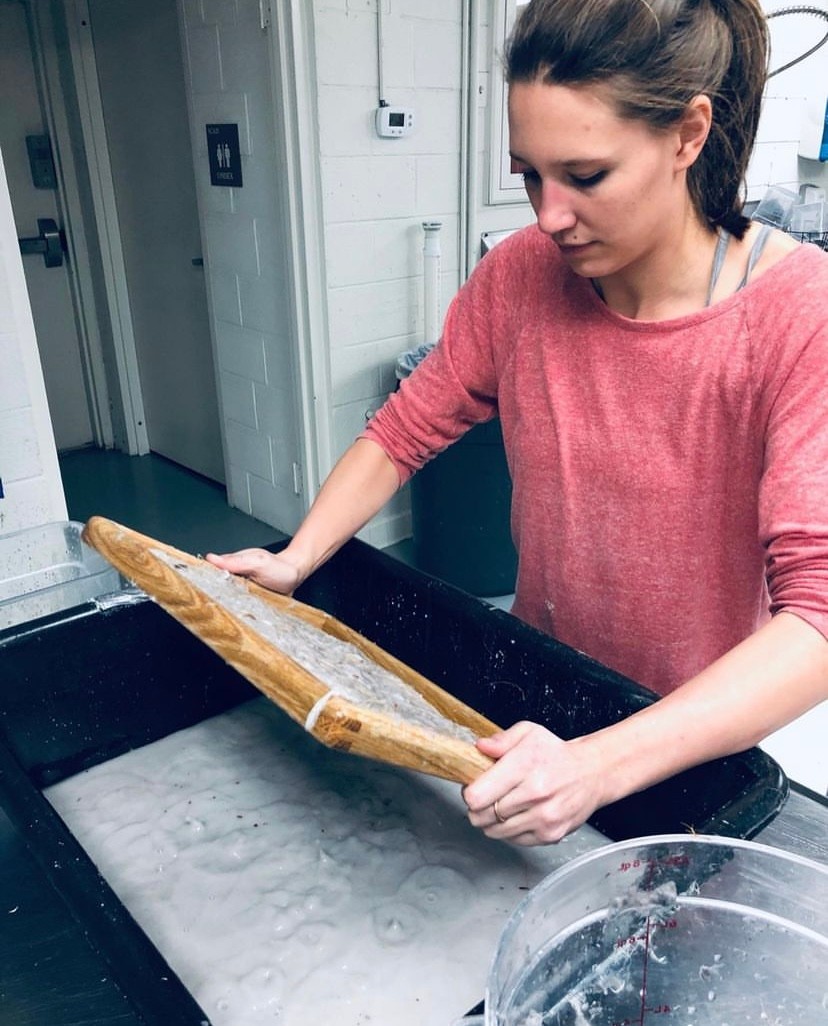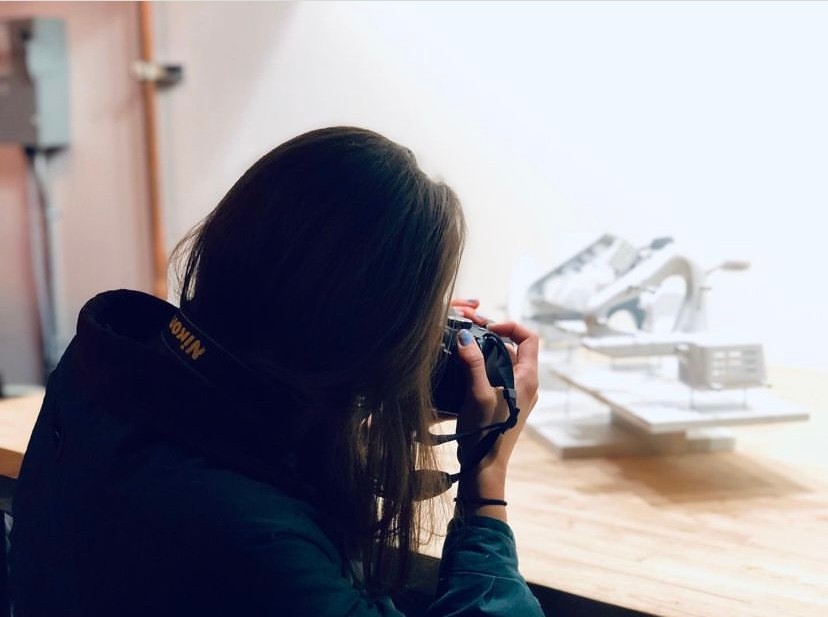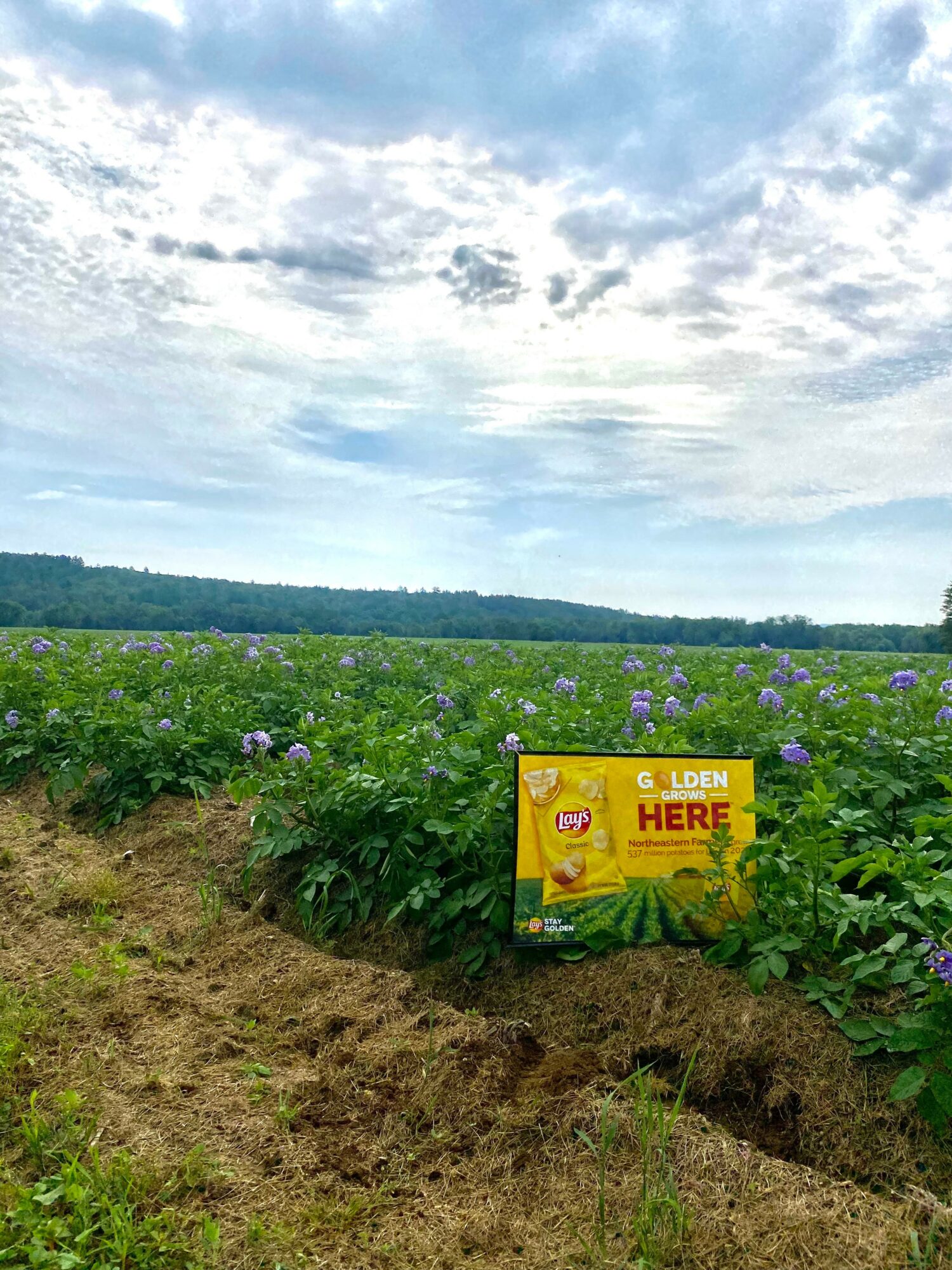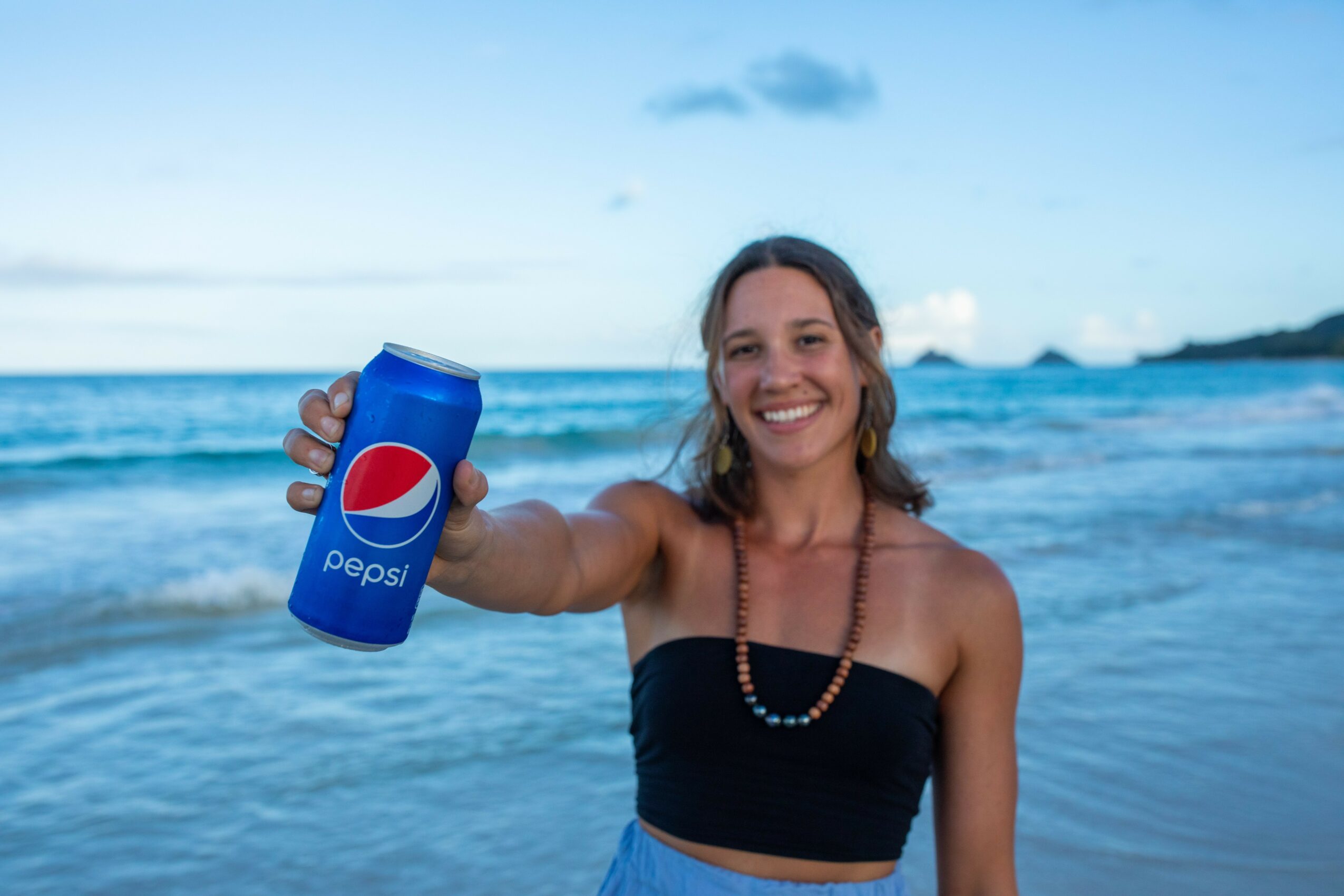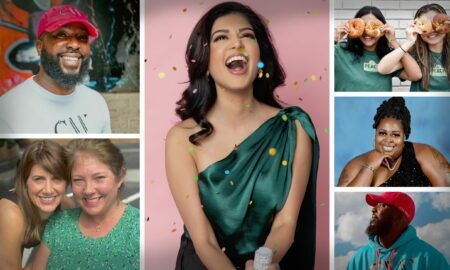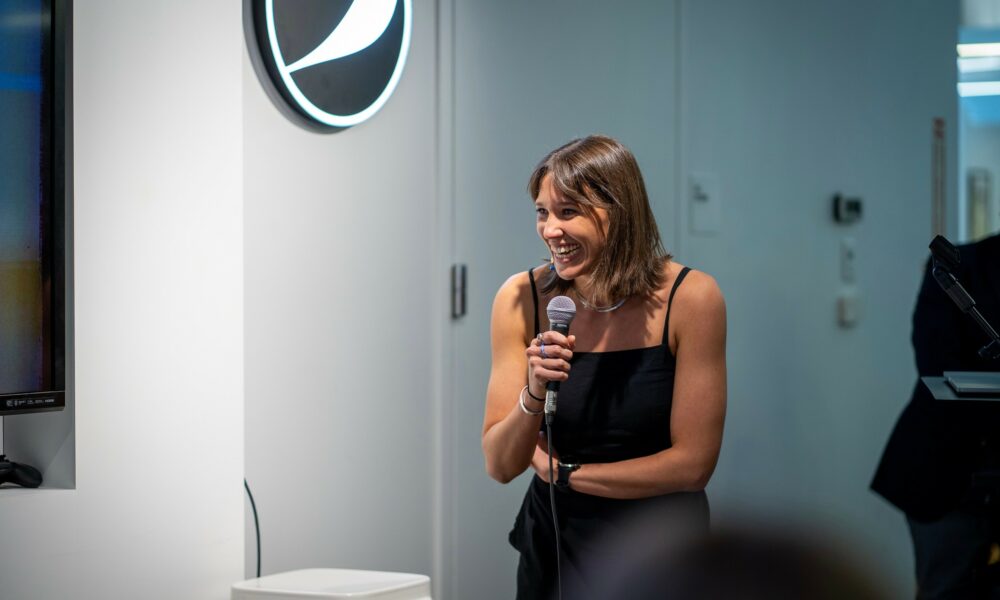

Today we’d like to introduce you to April O’Gorman.
Hi April, thanks for joining us today. We’d love for you to start by introducing yourself.
I grew up in a small coastal community where I spent more time in the water than on land. The ocean was a huge part of my life. I was a beach lifeguard for seven years and have been on the US National team for surf lifesaving since 2016. It is a small sport that tests the skills lifeguards use to save people every day (running, swimming, paddling). In high school I became very interested in film and television and how as a medium it can be a very powerful tool in altering people’s opinions, evoking emotion, and spreading knowledge. I applied to Savannah College of Art & Design (SCAD) with the hopes of making sports documentaries one day. After my freshman year, I worked with a production crew in Australia, filming the surf lifesaving professional series. When I came back from witnessing what the sport could be, I was very passionate about trying to grow it in the US. The paddleboards we use to race are very expensive in the US because we have to get them from Australia. This is a huge barrier of entry to the sport. I believed if we could make the equipment cheaper, more people would have the opportunity to learn and fall in love with the sport like I had. So, I switched my major to Industrial Design because I wanted to learn how to manufacture paddleboards.
Design was a foreign world to me. I was eager to learn as much as I could. While taking my courses at SCAD I entered a sustainable materials course which enlightened me to the fact that the natural ecosystem I was paddling in every day was slowly disappearing largely due to the effects of manufacturing. This switched my focus towards sustainable design. I wanted to create products and services that help society enjoy life without harming the environment. I was able to utilize my film skills to tell the story of my ideas and bring them to life.
After graduating from SCAD in 2021 with my degree in Industrial design and a minor in sustainability I started working for PepsiCo Global on their Design Innovation Team in NYC as a design strategist. On average there are 1 billion touches a day by consumers with PepsiCo products. I am so excited to be working in sustainability at such an impactful organization. A small sustainable change can have a lot of impact due to the scale of PepsiCo’s products.
Can you talk to us a bit about the challenges and lessons you’ve learned along the way. Looking back would you say it’s been easy or smooth in retrospect?
Working in sustainability in a 125-year-old organization has its challenges. PepsiCo is a well-oiled machine that has been optimized and streamlined for efficiency. Because of this, making any sustainable change is hugely impactful but is a hard-fought battle, to say the least. Jumping into PepsiCo from SCAD where projects ran on a 10-week basis it was frustrating for me how slow the rate of change can be within corporate America. Something that got me through it was a famous grook by the Danish polymath, Piet Hein.
T.T.T.
Put up in a place.
Where it’s easy to see
The cryptic admonishment
T.T.T.
When you feel how depressingly
Slowly you climb,
It’s well to remember that
Things Take Time.
– Piet Hein
Working in sustainability and foresight I am reminded on a daily basis of our shrinking timeline to save the planet. When I started working on projects that involve some of the most complicated sustainable challenges our society faces today I wrote “T.T.T.” on a sticky and kept it on my computer for the first year I worked at PepsiCo. I loved watching it degrade. It was a physical reminder of time and the acknowledgment that our personal timelines sometimes don’t synch.
Thanks – so what else should our readers know about your work and what you’re currently focused on?
Many people don’t know that PepsiCo is the parent company of Frito Lay. Most of my work is centered around regenerative system innovation on the food side of the business. My day can be anything from visualizing future snack concepts, analyzing sustainability data, collaborating with internal stakeholders, or developing future scenarios for strategic decision-making. In order for PepsiCo to make the right sustainable business decisions we have to understand the broader context that their supply chain operates within. Because of this, I have become a company expert in PepsiCo’s food footprint data, design-driven system thinking, and design-driven scenario development. This is not at all what I thought I would be doing when I started my role, but I am learning so much and thoroughly enjoy it. I take great pride in the fact that I am helping behind the scenes eliminate emissions and pollution from our natural ecosystem so that I can keep enjoying the ocean.
Have you learned any interesting or important lessons due to the Covid-19 Crisis?
The team I work on is global so they were working “hybridly” before Covid-19. However, so many amazing tools and programs have been developed since Covid making it much easier. It has increased the speed at which we are able to work.
Contact Info:
- Website: https://www.apriljoydesigns.net/
- Instagram: @a_joydesigns
- Linkedin: https://www.linkedin.com/in/april-ogorman-designer/
